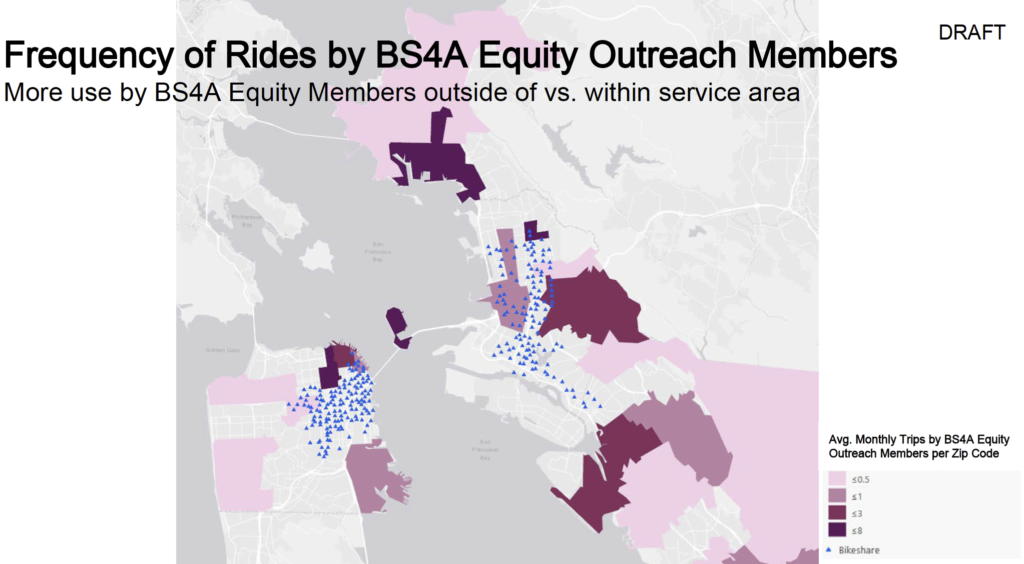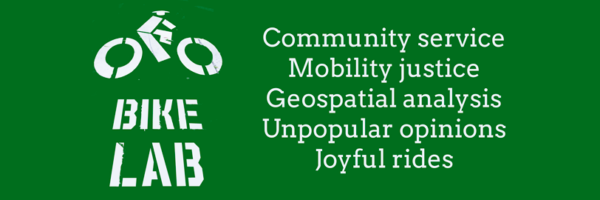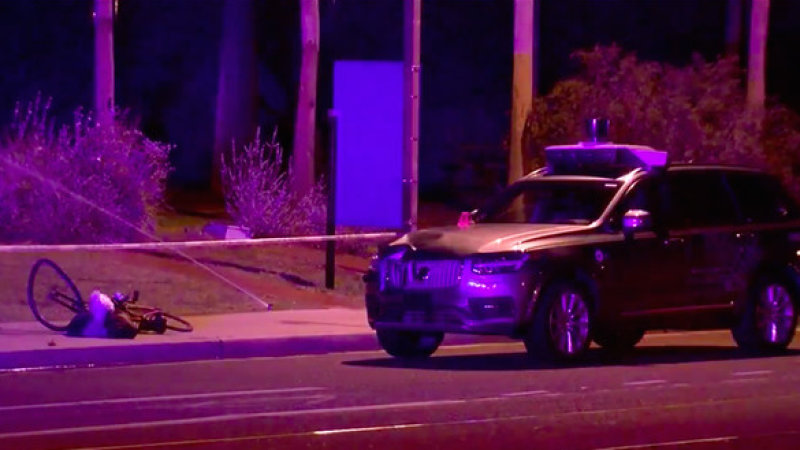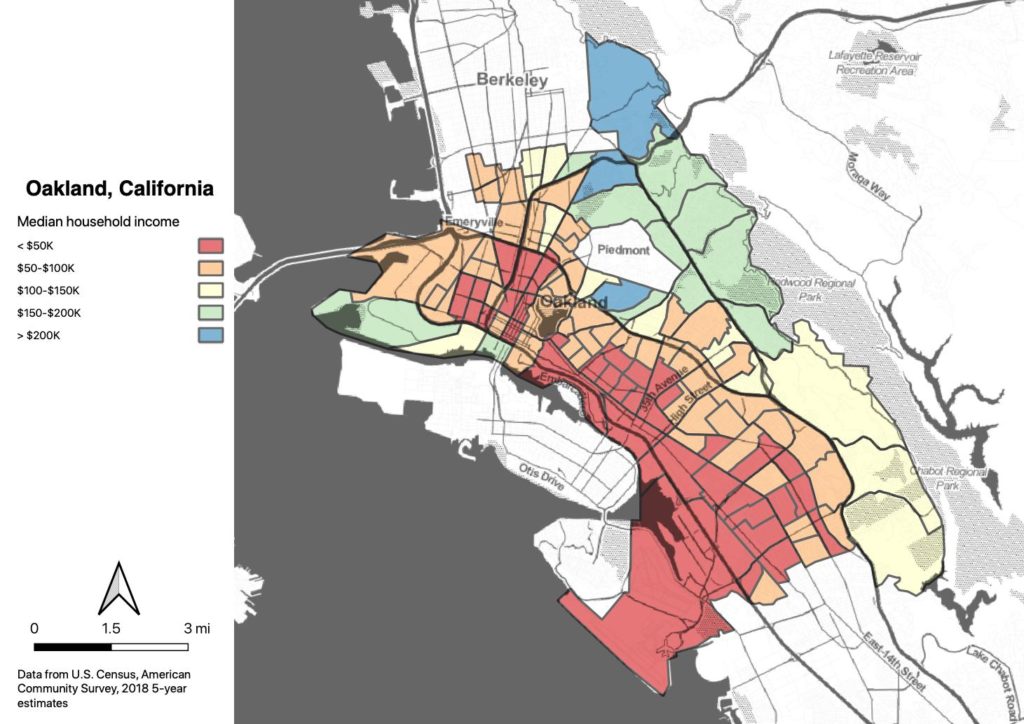I attended May’s Oakland Bicycle and Pedestrian Advisory Commission (BPAC) meeting, and one of the topics was an update on bike share progress in Oakland. Oakland is one of five Bay Area cities (along with SF, San José, Berkeley and Emeryville) which are parties to a deal between the Metropolitan Transportation Commission (MTC) and Motivate, a for-profit, station-based bike share operator, which also operates bike share programs in New York City, Boston, Chicago, and Columbus, OH (where I used the system for my field research), among others.
The deal was signed in 2015, and it was not until 2017 that Motivate decided to install any stations in the East Bay. As part of the 2017 roll-out, they created a “Bike Share 4 All” (BS4A) program which allows low-income individuals to obtain an annual bike share membership for $5 (instead of the regular cost of $150). To their credit, Motivate created an outreach program which appeared to do well at reaching the targeted populations.
That’s the end of what I’ll credit them for.
The presenter at BPAC noted that Motivate found a woman of color to lead the outreach program. The woman’s name was not mentioned, though she was pictured in the slide deck. The presenter seemed not to understand the tokenism she was presenting.
More concerning, we were presented with a map of the locations of BS4A participants by zip code, and frequency of their bike share use. The map demonstrated that Motivate has generally not placed bike share stations in the areas where BS4A participants live. I asked if there were any plans to put bike share stations where BS4A participants live; the response was that the roll-out of stations in Oakland is complete, and Motivate has no current plans to install more. (Blue triangles below are existing bike share stations).

This exchange led me to go read the original contract between MTC and Motivate.
It’s a terrible give-away. MTC granted Motivate a 10-year (!) exclusive right (!) to operate bike share programs in the participating cities. It places virtually no requirements on Motivate for performance in terms of equity, usage, or more generally, the public good. And because of the exclusive nature of the agreement, no other operator who might want to serve disadvantaged populations is allowed to run a traditional bike share program. (There are exceptions for e-bikes, which is how Jump is operating in San Francisco, and for electric scooters, which is how those showed up in SF as well).
RB (COO of the Scraper Bike Team) suggested that the Scrapers could run a co-op bike share program with scraper bikes in East Oakland. Wouldn’t that be cool? But it’s illegal under the agreement. Images of the Scrapers are often used by Motivate and Oakland to make the program look cooler and more inclusive, but the Scraper Bike Shed is located at 69th and International, with the nearest bike share station two miles away at 41st Avenue. Using the Scrapers to market a program that their neighborhood is excluded from goes beyond tokenism into appropriation.
One of the things we all expect our elected officials to do is to manage public space for the benefit of the public. I would go further to say that I expect my elected officials in Oakland to manage public space with the understanding that the city (and all U.S. cities) has populations which have been inequitably excluded from public space benefits for generations, and, that corporate entities have no interest in addressing those historical inequities. If we want inequity to be addressed, government must require it. We need to do better than we did with the Motivate contract.



